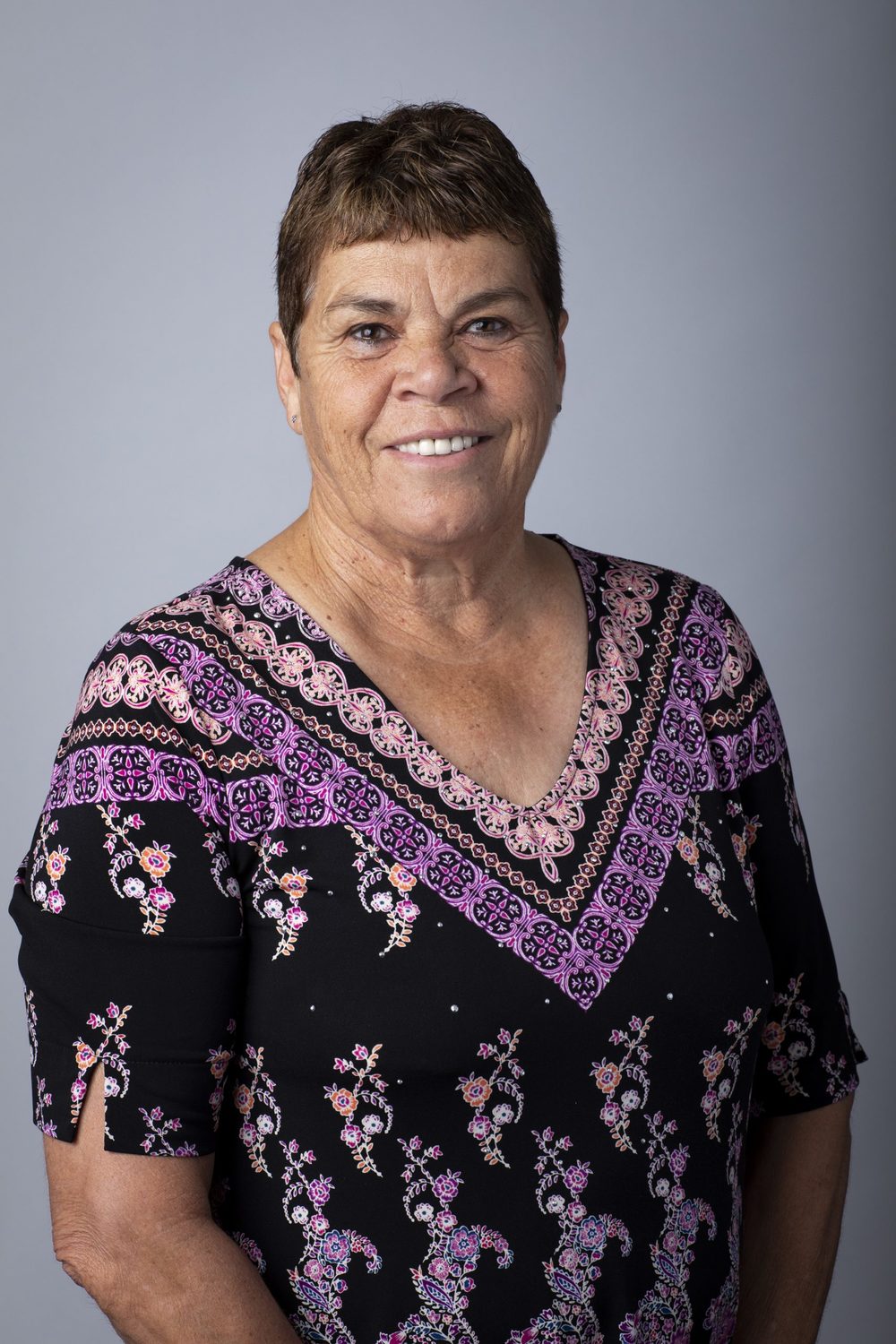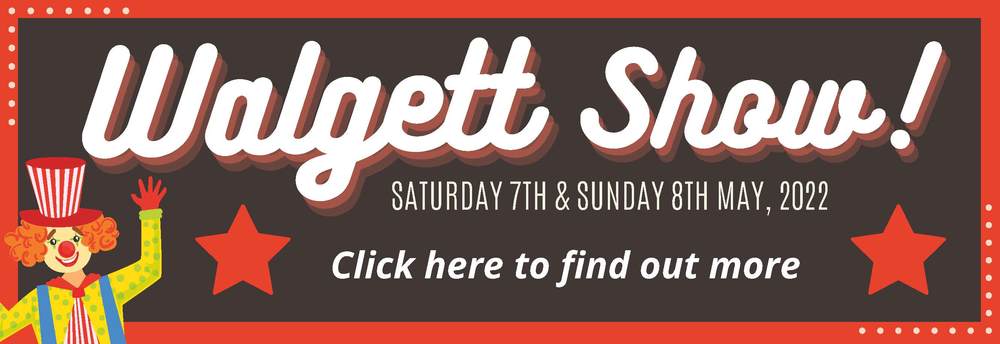New government scheme designed to take the load off called into question
Oliver Brown
03 May 2022, 9:15 PM
 A new government scheme will see up to 3,000 social housing tenants able to get a new energy-efficient washing machine for a fraction of the cost, however some are waiting on some key details to be clarified.
A new government scheme will see up to 3,000 social housing tenants able to get a new energy-efficient washing machine for a fraction of the cost, however some are waiting on some key details to be clarified.Social housing tenants across the Western Plains may be eligible to apply for a subsidy to purchase a brand new washing machine, allowing them to be more energy efficient without having to break the bank.
Last week, the NSW government announced a pilot program designed to help low-income residents across the state reduce living costs while boosting water and energy efficiency.
“Every drop of water counts. While we’re not in drought now, we could be again, and it’s never too soon to start saving and being more mindful about our water use,” Minister for Lands and Water Kevin Anderson said.
“This NSW Government initiative will replace old top loader washing machines with new front loaders, which are more water and electricity efficient, and could save an estimated 25,000 litres of water each year per machine."
The government will cover the majority of the cost for successful applicants, meaning they will only end up paying about 20 per cent of the retail cost.
Those eligible to apply include tenants living in Land and Housing Corporation (LAHC) and Aboriginal Housing Office (AHO) housing located in one of 43 LGAs across the state, including all those located in the Western Plains.
A spokesperson from the Department of Planning and Environment said the department worked closely with the LALC and the AHO to co-design the pilot program.
"We also worked with them to help promote the program including sending text messages to 45,000 registered mobile phones of residents in social housing and doing a letter box drop to 10,000 housing properties across the state," they said.
While the program is in its pilot phase, 3000 machines will be allocated. However, if the trial is successful the Department of Planning and Environment will consider expanding the program across the state.
According to the Department of Planning and Environment, there are 543 LAHC Residential Properties across Western Plains LGAs, including 47 in Bogan, 40 in Bourke, 16 in Brewarrina, 78 in Cobar, 37 in Coonamble,45 in Gilgandra, 69 in Lachlan, 82 in Narromine, 49 in Walgett, 26 in Warren and 54 in Warrumbungle.
Brewarrina Local Aboriginal Lands Council media spokesperson Urain Warraweena said with an 80 per cent Indigenous population, the majority of houses in the community are owned by the AHO, including her own, and a lot of tenants would be excited to apply for the program.
"The price to buy a new washing machine and have it delivered out here is far too expensive for someone on Centrelink - most people we've talked to about it would be very interested in being a part of it," Ms Warraweena said.
"Community members out here have very large families and their washing machines are going every day. As a mum of six kids my power bill is high, so having a more energy efficient washing machine would be amazing - any cost that comes down would be helpful."
Despite being a manager for countless social housing accommodations across regional NSW, local branches of the NSW Aboriginal Lands Council were not invited to take part in the pilot.
North West Region Councillor Anne Dennis said while the pilot would undoubtedly be helpful for a lot of social housing families who don't have a working washing machine, she wondered how many people might miss out out due to not fulfilling the specific criteria laid out by the government.
"Obviously, 3000 tenants across 43 LGAs is not a lot if you think about it and they will have to go through a process to find out if they're eligible and a lot will find they aren't," Cr Dennis said.
"There's a lot more needed in NSW with community housing. Out of 17 targets identified under Close the Gap, housing was identified as the most urgent and identified as very much needed across our communities.
"It's disappointing because the government are identifying these needs and then these programs end up being restrictive or exclude people from applying for it."

ABOVE: Councillor Anne Dennis from the NSW Aboriginal Land Council said the scheme would likely benefit social housing families, however worried the eligibility criteria might be too restrictive. Image: NSWALC.
In addition to the limited eligibility list, concerns have also been raised about the distribution of the machines.
Successful applicants can choose between four different sized machines, and will pay a corresponding fee of $150, $200 or $250.
According to the government, factors considered in selecting a retail partner for the pilot included ability to deliver and remove products across NSW, having the capacity for large scale volumes, managing a call centre facility and offer significant discounts to help further reduce the upfront cost of the washing machines.
Following a competitive tender process, national electronics retailer The Good Guys was selected as the retail partner for the pilot in line with strict NSW Government procurement legislation.
While she was complimentary about the idea of the scheme, Business NSW's Regional Manager for Western NSW Vicki Seccombe said it would have been great to see a local business be picked instead of a national chain.
"I understand the government would have to find a partner that covers all of NSW, but it would have been great to pick some local partners in western NSW to help with the rollout of the program," Ms Seccombe said.
"If you think about the total costs of one of these washing machines, say around $600, and about four or five washing machines are then allocated to one community, that would be a lot of money for a local business to miss out on. It all adds up, especially during COVID recovery."
According to the government, it was decided including more suppliers was not practical as it would make the trial more expensive to run and therefore reduce the number of households who could participate.
As part of the program, the government said the up-front fee would include the fees to cover delivery, installation, and removal and recycling of their old appliance.
With the nearest Good Guys store in western NSW located in Dubbo, Ms Seccombe said she hoped this would still apply for the communities located several hours away, such as Coonamble or Cobar.
Further communications from a spokesperson from the Department of Department of Planning and Environment clarified the delivery of the new machine, and removal and recycling of the old one would apply no matter where a person lives in NSW, including remote towns as far as Bourke.
Applications to be part of the pilot close on 30 June, or when all appliances are allocated.




